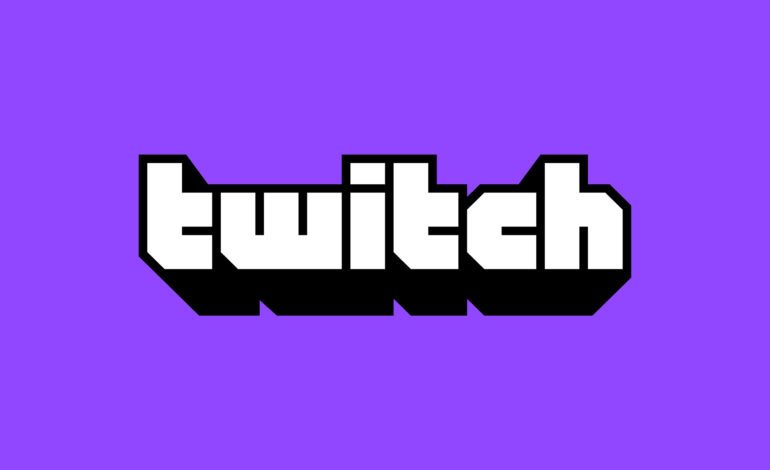

Twitch and its parent company Amazon were in hot water back in August, after the board of the Artist Rights Alliance (ARA), which includes Roseanne Cash and Tift Merritt, accused Amazon CEO Jeff Bezos of “willful blindness” toward Twitch’s streaming royalties. The RIAA and the Recording Academy have now joined more than a dozen groups in a scathing letter to Bezos, where they accuse Twitch of failing to secure proper synch and mechanical licenses for its recently launched Soundtrack tool, while allegedly “allowing and enabling its streamers to use our respective members’ music without authorization, in violation of Twitch’s music guidelines.”
This letter was obtained by Variety, who report that the National Music Publishers Association, the Music Managers Forum, the American Association of Independent Music, SAG-AFTRA are among the groups who have signed the letter. “Twitch appears to do nothing in response to the thousands of notices of music infringement that it has received nor does it currently even acknowledge that it received them, as it has done in the past,” the letter reads.
The soundtrack tool mentioned in the letter allows the use of licensed music for millions of songs from certain independent labels, but the service lacks deals with all three majors, Sony Music, Warner Music Group and Universal Music Group, many publishers and other rights-holders. The authors of the letter allege that neither synch nor mechanical licenses are necessary for this tool, which they further allege still has unlicensed music. Twitch and Amazon have both denied the claims.
Twitch stated that Soundtrack is a fully licensed service, adding that they respond to each “valid” DMCA takedown notice. “Finally, let’s be absolutely clear, Twitch responds to each valid DMCA notification it receives by removing the allegedly infringing content expeditiously in compliance with DMCA requirements,” a Twitch rep responded.
RIAA chairman/CEO Mitch Glazier responded to their claims in another statement to Variety, alleging that their response “fails to show good faith with music creators.” He also alleged that the service “turn a blind eye” to the streamers who profit off of this practice.
“Twitch raises a lot of points – none of which address the questions in the letter. Instead, Twitch continues to turn a blind eye to the same users repeatedly violating the law while pocketing the proceeds of massive unlicensed uses of recorded music,” Glazier explained. “And Twitch’s claim that it responds to takedown requests it considers ‘valid’ fails to show good faith with music creators. Further, Twitch’s shifting of its responsibilities to artists who use the platform is certainly not the act of a company that genuinely wants to partner with creators. That’s why a broad coalition of organizations have united to call Twitch out on continuing to make available unlicensed recordings and compositions on its platform.”
